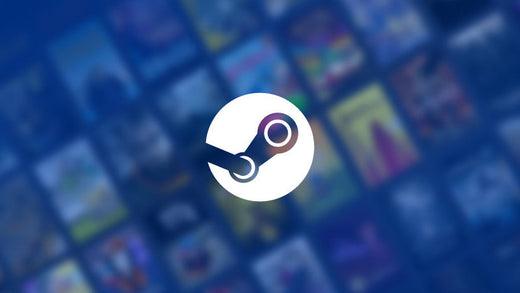Valve is officially expanding its SteamOS platform beyond the confines of the Steam Deck, announcing a public beta of SteamOS tailored for other handhelds. This development comes alongside a correction from Valve after initially saying the beta was intended to "improve the experience on other devices," which has now been clarified to mean "other handhelds." While this adjustment somewhat limits the scope, the move represents a critical step for Linux gaming and the broader games industry.
What is SteamOS and why is it important?
SteamOS is Valve's Linux-based operating system, originally developed for the Steam Deck. Its main appeal lies in its open-source nature, which offers a full desktop mode on which users can install virtually anything, including third-party game stores. SteamOS utilizes Proton, a compatibility layer that allows Linux systems to run Windows games, which has become a cornerstone of its growing popularity.
With this public beta, Valve is for the first time actively inviting users of other portable gaming devices to experience SteamOS, which could create a unified ecosystem for portable gaming. With 2025 proving to be transformative for Linux gaming, Valve's move could pave the way for widespread adoption, especially among gamers seeking an alternative to Windows or proprietary gaming platforms.
Linux Gaming: The Year of Change?
The gaming community has long joked about the elusive "year of the Linux desktop." While SteamOS may not directly usher in that moment, its expansion is undeniably contributing to a seismic shift in the perception and capabilities of Linux gaming. Valve's entry into a broader handheld market represents a serious competitor to Windows-dominated gaming, especially as more devices adopt SteamOS.
This move could make alternatives like Bazzite, a SteamOS-like Linux distribution, even more popular and encourage developers to optimize their games for Linux platforms. With Linux supported by major brands like NVIDIA via full Steam Deck compatibility for GeForce NOW, the foundation for Linux gaming is stronger than ever.
overcoming the challenges
One of the biggest obstacles for Linux gaming remains compatibility with anti-cheat software. Many games block Linux platforms due to anti-cheat issues, frustrating both gamers and developers. However, with increased attention from Valve and community demand, we may soon see improvements in this area. Valve's anti-cheat compatibility tracking page hints at ongoing efforts to resolve these issues, which would greatly improve Linux's viability as a gaming platform.
Proton: A star player
Proton, Valve's compatibility tool, continues to prove a game changer for Linux gaming. A recent update to Proton Experimental fixed a freezing issue in Killsquad , underscoring Valve's commitment to optimizing the gaming experience. As SteamOS makes Linux systems more widely available, Proton's ability to run Windows games seamlessly will likely be a key factor in its success.
Impact on the Gaming Industry
The SteamOS public beta signals an evolution in the gaming industry, especially in the portable gaming space. Here are some potential implications:
-
Increasing competition in handhelds : SteamOS could become the preferred operating system for portable gaming devices, reducing dependence on proprietary systems and stimulating competition between manufacturers.
-
Promote Linux adoption : As more gamers try SteamOS, Linux's market share on platforms like Steam could increase, which could prompt developers to prioritize Linux compatibility more.
-
Shaping the future of open-source gaming : With Valve at the helm, SteamOS could inspire other companies to adopt open-source principles, leading to more transparent and community-focused gaming ecosystems.
-
Potential for new hardware : Valve's focus on handhelds raises the question of whether they will develop hardware beyond the Steam Deck. Could a Steam Controller 2 or even a new Steam Machine be in the works?
-
Impact on anti-cheat standards : If Valve successfully resolves the issues with anti-cheat software, it could set a new standard and put pressure on other platforms and developers to adopt more inclusive practices.
What happens next?
With the beta approaching, both gamers and developers will be watching the reaction closely. Will SteamOS become the definitive operating system for portable gaming? Will anti-cheat barriers fall and unlock Linux's full potential? As 2025 unfolds, Valve's initiative could redefine gaming on Linux and expand the horizons of open source gaming.
Whether you're a Linux enthusiast or a curious gamer, the SteamOS public beta represents an exciting opportunity to shape the future of gaming - beyond the Steam Deck and into uncharted territory.


Share:
CES 2025: From Acer, Asus and Cherry to LG and Xbox
The 10 most anticipated games of 2025 – you can’t miss these highlights!